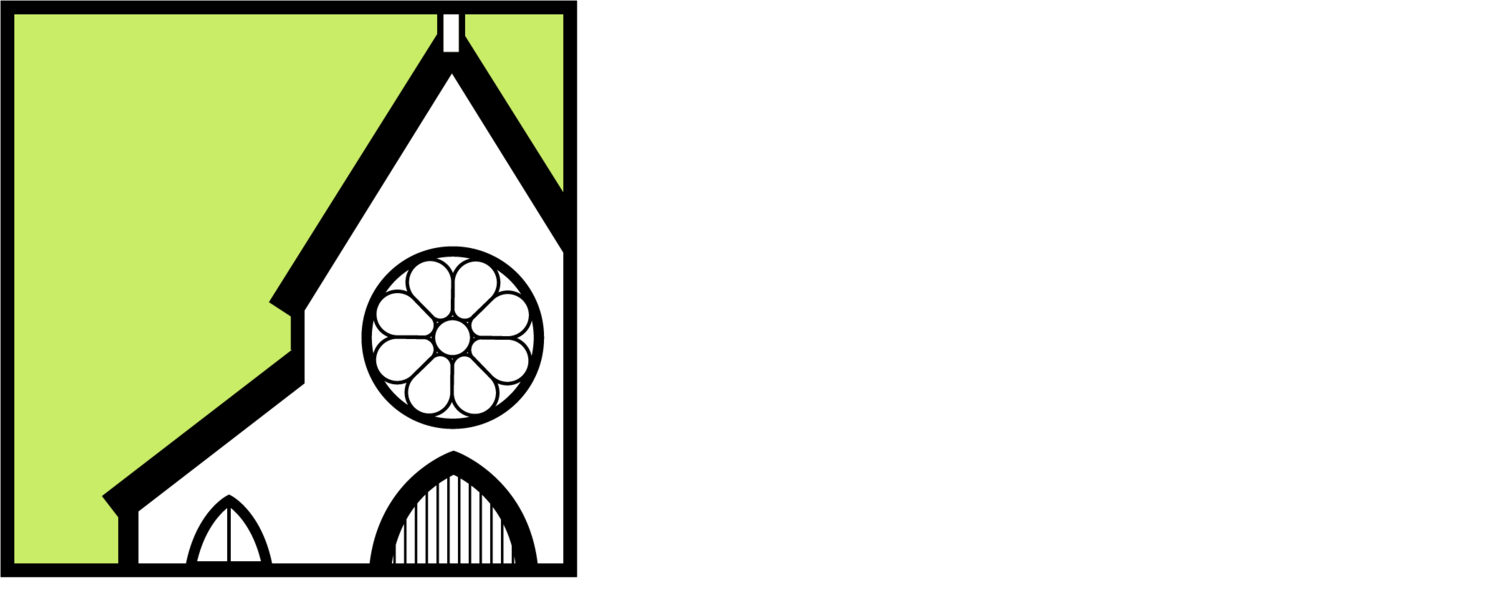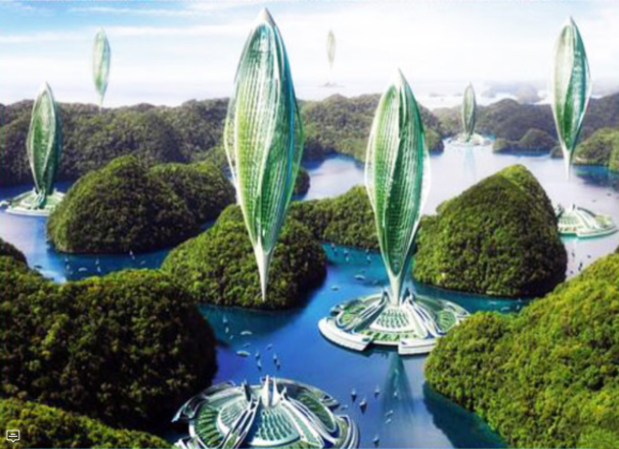When we think about the year 2050 and our climate goals of being carbon neutral in all of our activities, including operating our buildings, we often have this utopian vision of space age buildings. That vision is not what 2050 will look like; not even close.
Source: Archdaily.com
80% of the buildings of 2050 are actually standing right now, right here. That’s right: 80%.
You are living in them, working in them, and worshipping in them today; so we won’t be building, but rather, renovating our way to a solution. This means that these buildings need to be improved today. We need to upgrade the energy efficiency of our places of faith, our community spaces, our religious homes, schools and offices. We must move all of these buildings towards carbon free energy sources as soon as possible.
But surely knocking down these old buildings will be better for the environment, you say? Actually not. Embodied energy or embodied carbon is the energy it took to extract, transport, manufacture/process, ship, build and operate the building for all of these years. If you were to knock these buildings down, you would also have to add the energy in transportation and disposal of the same building. A replacement would have even more embodied energy and it would take typically 30-40 years of operation to eventually overcome all of that embodied energy in the process, compared to using the existing building.
Old buildings will actually help to save the planet. Improving your existing building to use less energy is not only a great thing to do, it is the right thing to do.
Source: Serverfarm, April 2020.
Faithful Footprints Program
The United Church of Canada (UCC) recognized an opportunity to live out its climate mission through upgrading its building stock, by launching the Faithful Footprints program. This program offers grants, tools and inspiration to help UCC congregations reduce their carbon footprint. With its commitment to reducing its greenhouse gases (GHG) emissions 80% by 2050, UCC’s one of a kind program offers up to $30,000 in grants towards energy conservation and renewable energy projects (conditions apply).
Faith & the Common Good is the delivery partner for the Faithful Footprints program. As a staffer and sustainable building consultant for this national, multifaith network, I was asked to be the voice on the other end of the phone for congregations. Also a building scientist, and a heritage professional specializing in faith community buildings, I’m a nerd! I’m a nerd, here to help you save energy, reduce your carbon footprint, and save the planet, all while lowering your operational costs so you have more money for mission.
To date, we have engaged over 200 UCC congregations, camps, and buildings across the country.
Your participation in the program puts your faith into action and helps UCC reach its target.
More energy efficiency actions you can take
As you start on your energy efficiency journey, you also might want to make use of the free guides that we have on our website. The DIY Faith Building Energy Audit Guidebook and the Energy Star Action Workbook for Congregations are resources you can download, read, learn from, and take action!
You can also utilize our professional knowledge with virtual Green Audits that look at energy, air quality, food, water, waste, maintenance, rental agreements, heritage and much more.
The more you can learn about your building, the more you can save energy, minimize maintenance costs, and maximize the usage of your faith community building.
Stephen Collette is the Building Manager for Faith & the Common Good and can be reached at 705-652-5159 EDT, scollette@faithcommongood.org



